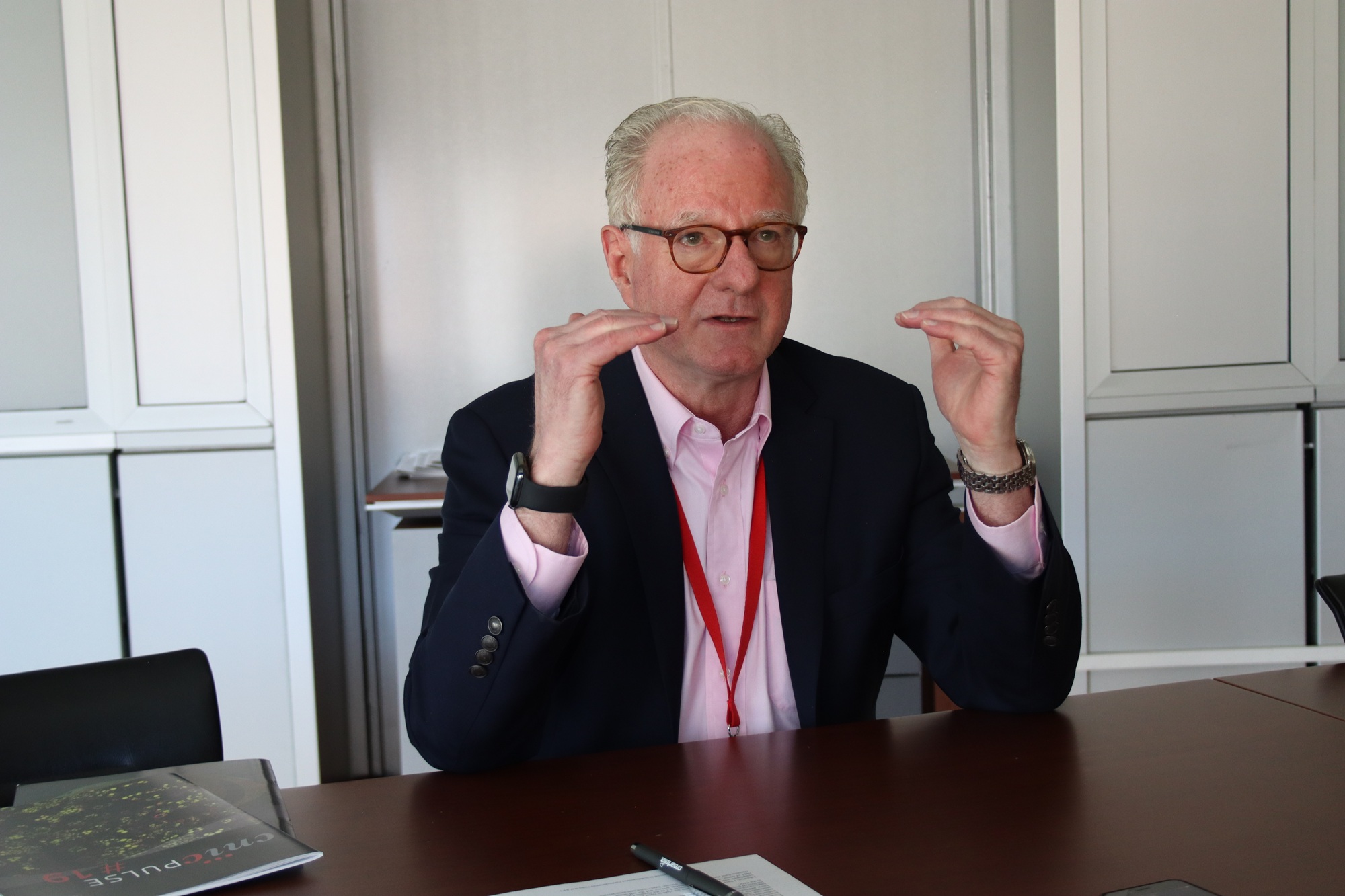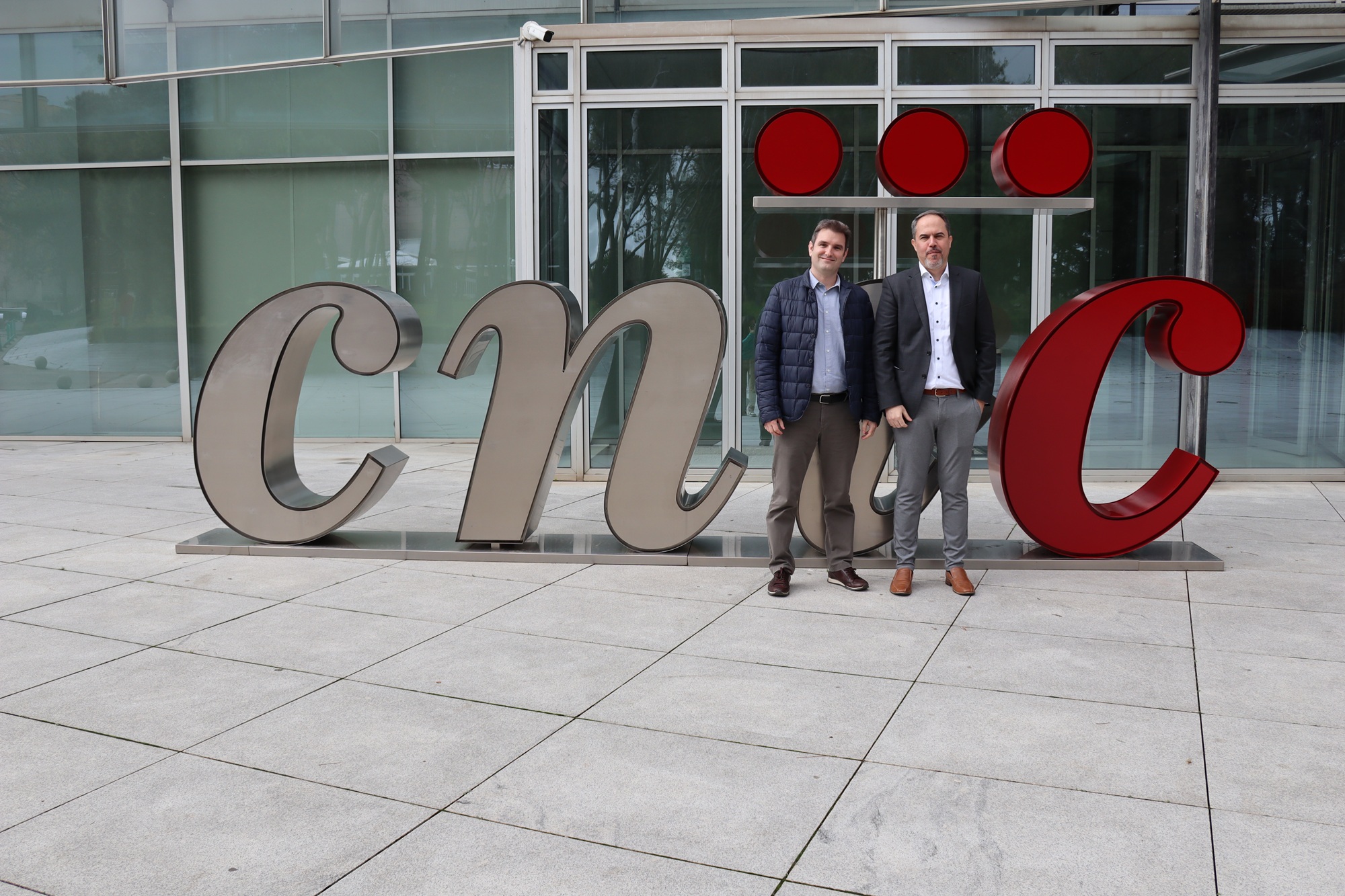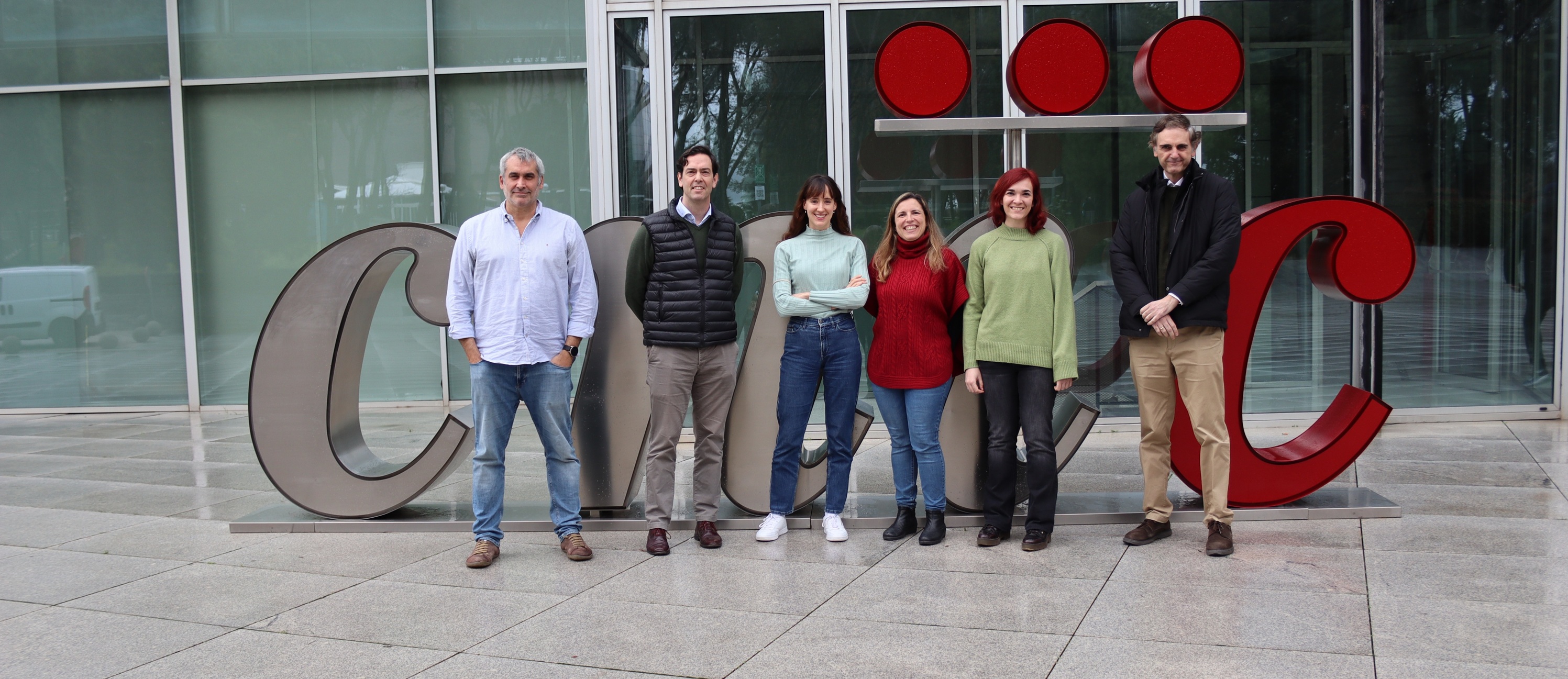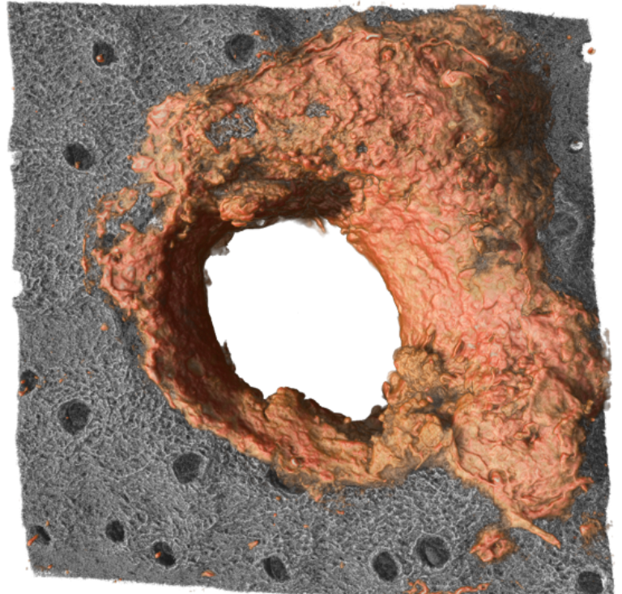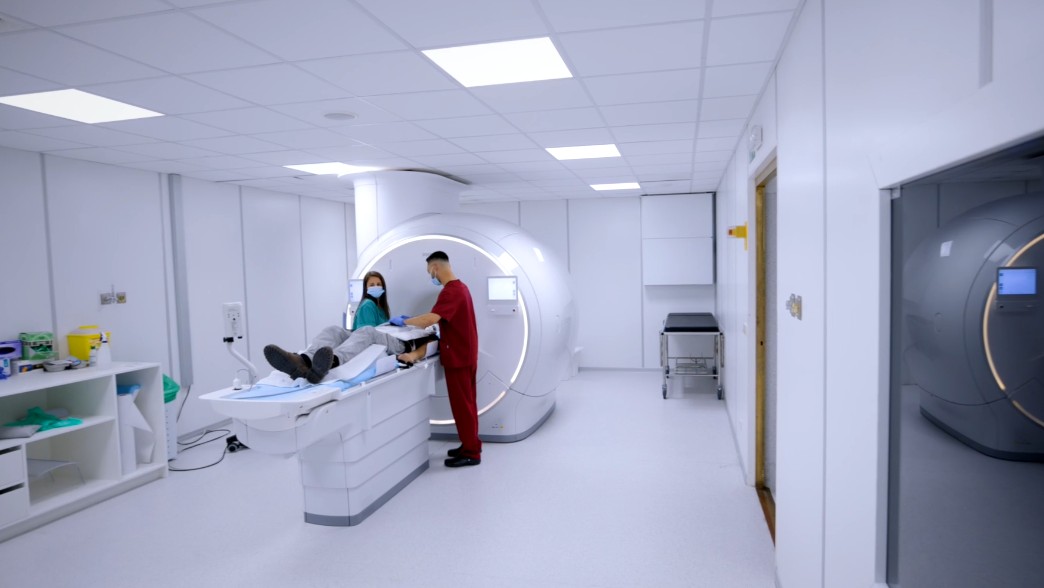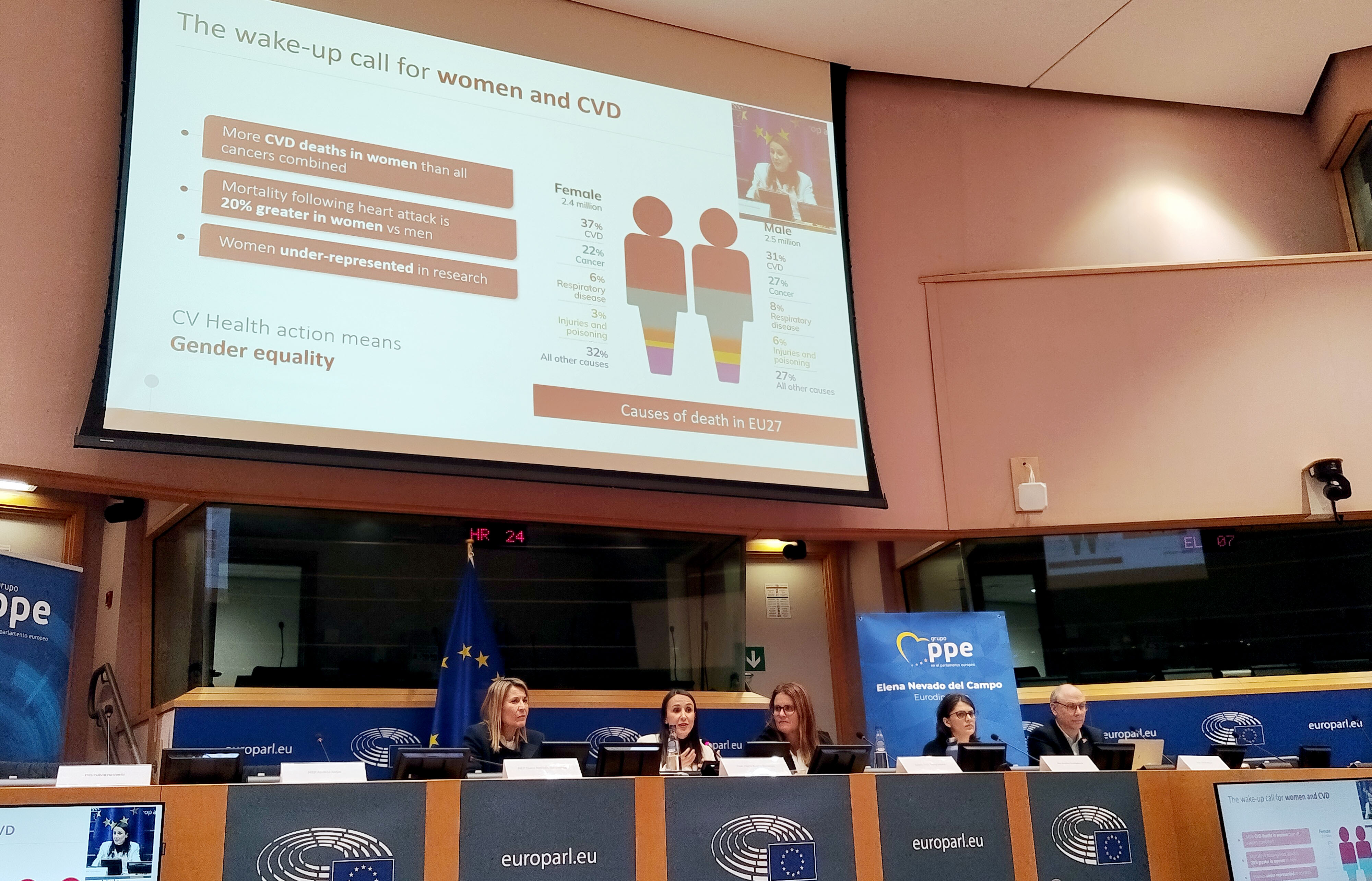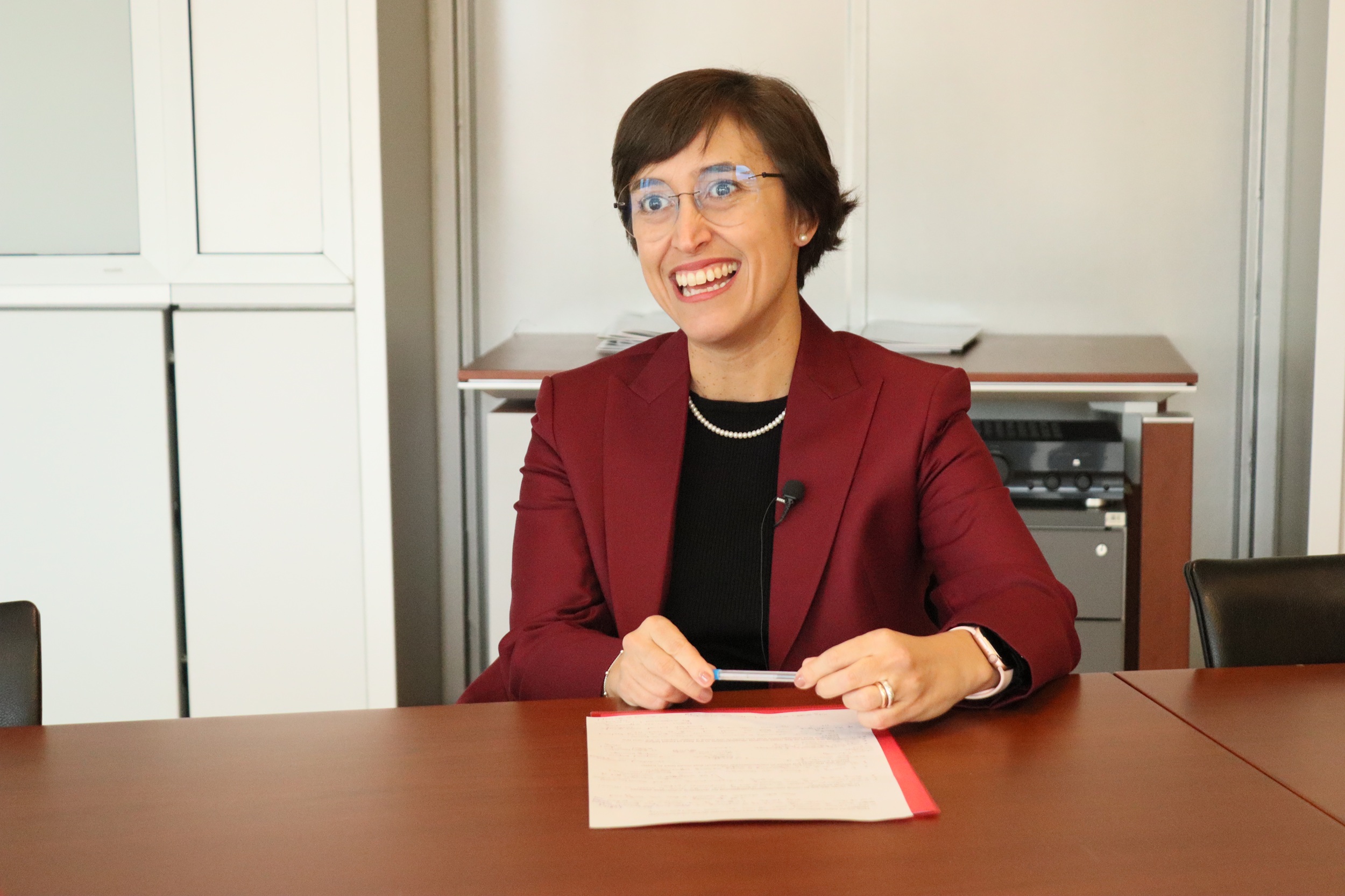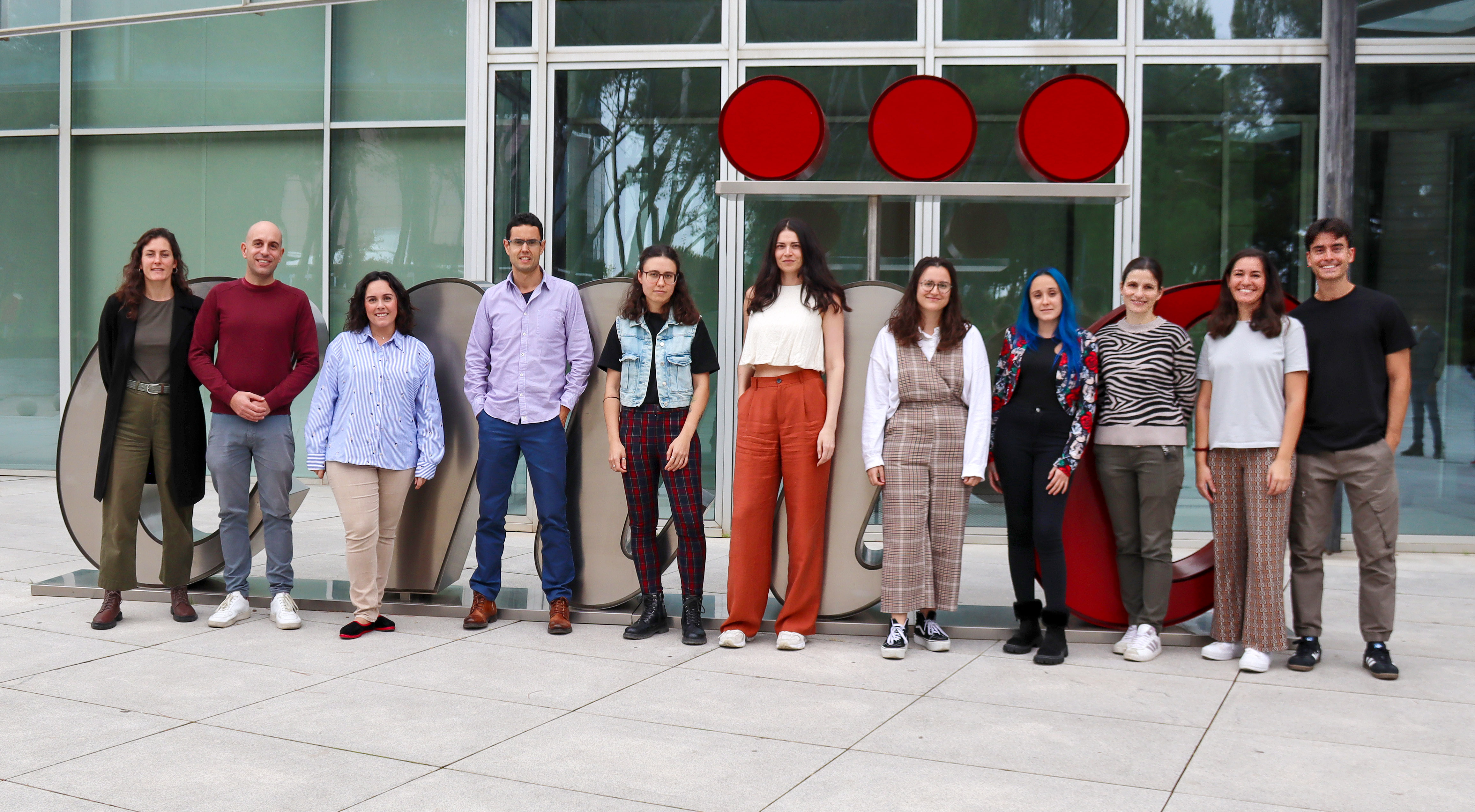News search
|
Research 31 May 2025 Dr. Joseph Hill holds the James T. Willerson, M.D., Chair in Cardiovascular Disease and the Frank M. Ryburn Jr. Chair in Cardiac Research at the University of Texas Southwestern Medical Center |
|
Research 28 Apr 2025 Prof. Daniel Ketelhuth leads a research team at the University of Southern Denmark |
|
Research 9 Apr 2025 A CNIC team has developed an innovative gene therapy strategy for arrhythmogenic right ventricular cardiomyopathy type 5 (ARVC5), a rare and deadly inherited condition that particularly affects young men |
|
Research 19 Mar 2025 Nature: CNIC scientists discover a type of immune cell that produces defensive "shields" in the skin The discovery, published in Nature, opens the path to new strategies for treating skin diseases and immunological disorders, with special potential for the treatment of inflammation, diabetes, and age-related conditions |
|
About the CNIC 18 Mar 2025 The CNIC has been allocated €405,625 for its involvement in GRACE, a project focused on developing innovative strategies to improve the detection and management of cardiovascular diseases. |
|
Research 11 Mar 2025 Isabel Gonçalves is a professor and senior consultant at the University of Lun (Sweden). Her research focuses on cardiovascular disease and diabetes. She is the principal investigator in EXODIAB (Excellence in Diabetes Research in Sweden), leads a team at Cardiovascular Research - Translational Studies, and is a researcher in EpiHealth, a project focused on epidemiology for health. |
|
Research 20 Jan 2025 An international study led by Spanish research teams has identified how genetic factors can influence the severity of disease caused by SARS-CoV-2 |
|
About the CNIC 19 Dec 2024 The findings of this study have been key for the development of REACT, a new research project, that will count on the collaboration of Santander Bank, and will expand the study of the age group for the prevention of cardiovascular diseases, which will include 8,000 new participants. |
|
Research 12 Dec 2024 iFlpMosaics is a new technology presented in Nature Methods that allows the modification and study of gene function in mouse models, advancing research on diseases caused by somatic mutations, such as cancer and vascular malformations. |
- ‹ previous
- 2 of 9
- next ›
